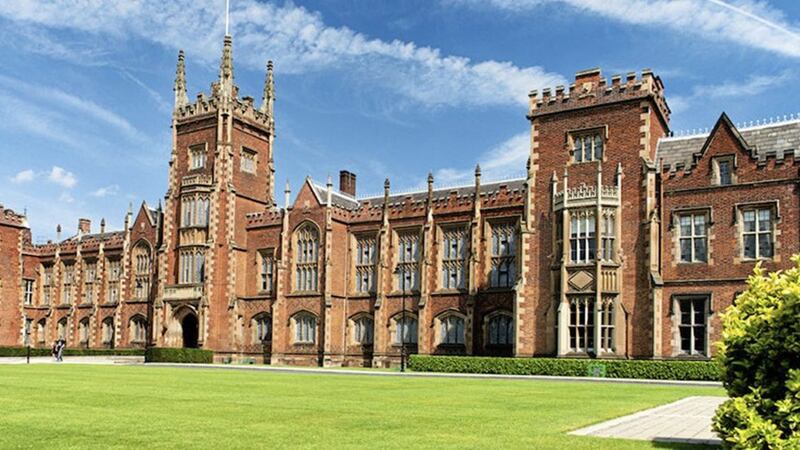RESEARCHERS at Queen’s University Belfast are leading a cell therapy clinical trial to help improve outcomes in Covid-19 patients.
The UK-wide trial offers cell therapy treatment for coronavirus patients with acute respiratory failure.
The researchers will investigate the use of allogenic Mesenchymal stromal cells (MSCs) in patients with acute respiratory distress syndrome (ARDS) caused by the virus, which is when the lungs become inflamed and leaky so they fill with fluid.
This causes respiratory failure and patients may require admission to intensive care and a ventilator machine to support their breathing.
The trial involves the use of MSCs, a type of cell derived from human tissue such as bone marrow or umbilical cord to treat the injury to the lung caused by Covid-19.
MSCs are a novel treatment shown in experimental models to reduce inflammation, fight infection and improve the repair of injured tissue.
The first patient has been recruited, with plans to take on at least 60 more at multiple sites across the UK.
The clinical trial, known as REALIST COVID 19, has been identified by the National Institute for Health Research as a national urgent public health study and is one of a number of studies given urgent public health research status by the chief medical officer for England.
It is led by Professor Danny McAuley and Professor Cecilia O’Kane, both researchers from the Wellcome-Wolfson Institute for Experimental Medicine at QUB.
Professor Ian Young, clinical professor at the centre for Public Health, Queen's University Belfast and chief scientific adviser at the Department of Health, emphasised the importance of clinical trials to ensure patients can get the best treatment.
"We have contributed £230,000 for this vital research which will provide important evidence regarding a potential new treatment for respiratory failure, a leading cause of mortality in Covid-19," he said.
"We will continue to support health research and encourage people to participate in research trials and other studies so patients can get the best possible treatment to help tackle the spread of Covid-19."








